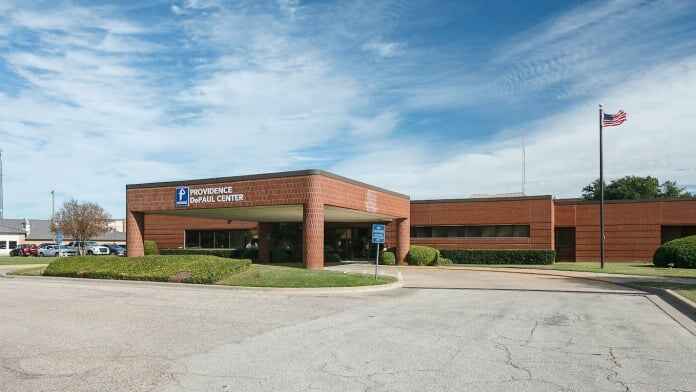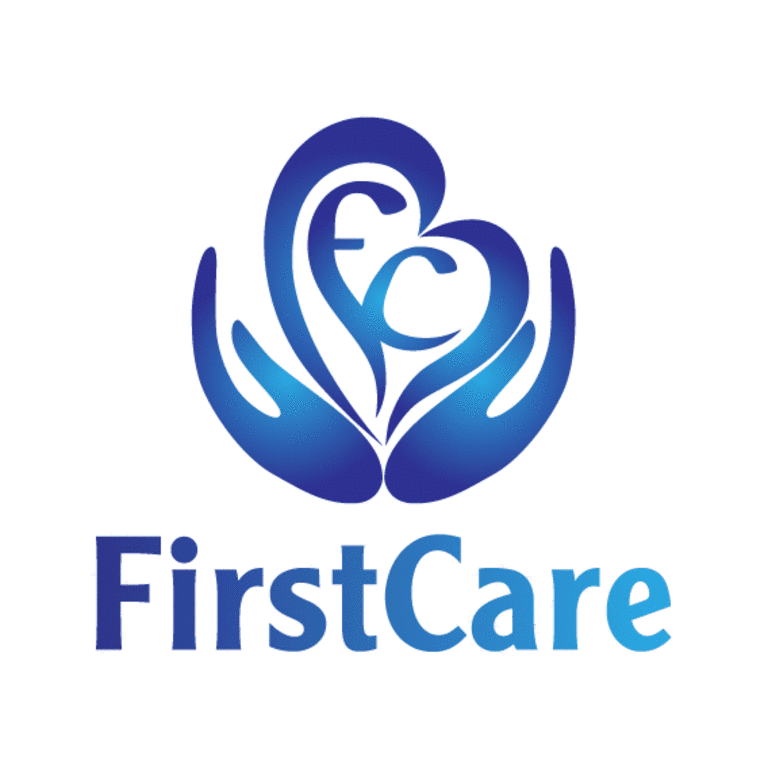About Ascension Providence DePaul Center – Waco
Ascension Providence DePaul Center, located in Waco, Texas, offers programs that address complications linked to mental illness, including drug and alcohol addiction and social isolation. They provide personalized care plans that address prevention, interventions, treatments, and recovery support services.
Ascension Providence DePaul Center offers inpatient and partial hospitalization treatment.
Inpatient treatment is for those who need mental and physical stabilization. This is a highly structured and monitored style of treatment that often incorporates detoxification into the process. Once stabilization has been achieved, counseling, educational classes, and behavioral approaches to treatment can begin. Common elements of inpatient include individual therapy, group therapy, and at times medication or trauma-informed counseling.
Partial Hospitalization is a day treatment program that is highly structured, yet allows for the flexibility of returning home in the evening. This program requires that there is no immediate danger that would require inpatient hospitalization. It incorporates clinical treatment practices for addiction such as medications, individual and group therapy, and trauma-related counseling. Evidence-based approaches such as cognitive behavioral therapy, dialectical behavioral therapy, and motivational interviewing are incorporated into the treatment process.
Mental health treatment focuses on helping individuals recover from mental illnesses like bipolar disorder, clinical depression, anxiety disorders, schizophrenia, and other challenging psychiatric conditions. Individual therapy, group therapy, and family therapy all serve as ways to deliver mental health support. These services can be administered while in an inpatient setting, within an outpatient setting, or at a clinical office.
Individual therapy creates the space to explore the psychological challenges associated with the addiction. With the help of a professional, individuals are given the space and direction to talk about and process their emotions. Often this includes unresolved trauma, anger, depression, anxiety, and the need for more control or autonomy in life. It also often explores childhood wounding and the resiliency available to each person through effective and meaningful therapy.





















